Other
Certifications and Compliances
PCI DSS
What is PCI DSS?
The Payment Card Industry Data Security Standard (PCI DSS) is a globally recognized set of security standards. They are designed to ensure all companies that accept, process, store, or transmit credit card information maintain a secure environment. It covers technical and operational requirements to safeguard cardholder data. PCI DSS compliance is mandatory for organizations handling card transactions, regardless of their size. It includes measures such as encryption, secure access control and regular security testing to prevent data breaches and fraud.
Why Should Companies Get PCI DSS Certification?
Achieving PCI DSS certification is crucial for businesses to protect their customers' sensitive financial information and build trust. Non-compliance not only risks data breaches but can also result in hefty fines, loss of reputation and potential lawsuits. Certification demonstrates a company's commitment to security and ensures adherence to industry regulations. Moreover, being PCI DSS compliant minimizes the risk of financial loss from cyberattacks.
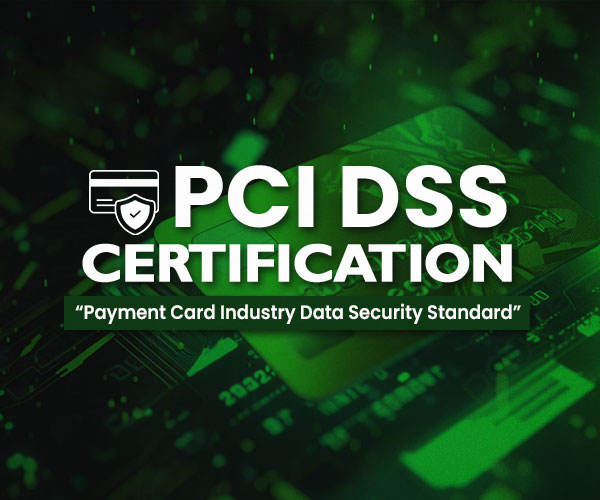
SOC 1
What is SOC 1?
A SOC 1 (System and Organization Controls 1) report is an auditing standard. It focuses on the internal controls over financial reporting (ICFR) within an organization; particularly for service providers managing or impacting their clients’ financial data. SOC 1 audits assess whether a service organization's controls are designed and operating effectively to ensure accurate and reliable financial reporting. There are two types of SOC 1 reports: Type I, which evaluates the design of controls at a specific point in time, and Type II, which examines the operational effectiveness of those controls over a period.
Why Should Companies Get SOC 1 Certification?
SOC 1 certification is essential for service organizations seeking to assure their clients that their financial data is handled securely and accurately. It instils trust by demonstrating a commitment to stringent internal controls and compliance with regulatory requirements. For companies in industries such as payroll, accounting, or IT services, SOC 1 certification is often a prerequisite for partnerships. Additionally, it helps identify and mitigate risks within financial reporting processes, reducing the likelihood of errors, fraud or regulatory issues.
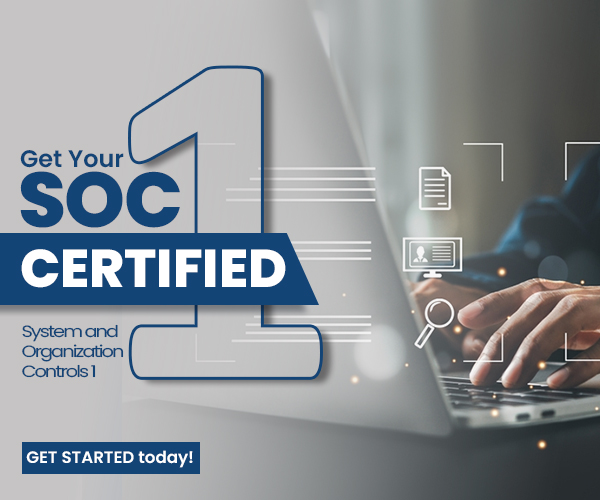
SOC 2
What is SOC 2?
SOC 2 (System and Organization Controls 2) is an auditing standard. It focuses on an organization’s ability to manage data securely and protect the privacy of its clients. Unlike SOC 1, which centers on financial reporting, SOC 2 evaluates the effectiveness of controls related to five Trust Service Criteria. These are security, availability, processing integrity, confidentiality, and privacy. SOC 2 reports are particularly relevant for technology and cloud service providers handling sensitive customer data, offering Type I (design of controls) and Type II (operating effectiveness over time) assessments.
Why Should Companies Get SOC 2 Certification?
SOC 2 certification is essential for businesses that want to demonstrate their commitment to data security and privacy. It provides clients with assurance that their data is handled with the utmost care, meeting industry standards for protecting sensitive information. For service providers, SOC 2 compliance helps build trust, attract new clients and retain existing ones; this is especially the case in sectors like SaaS, IT and data hosting. Additionally, achieving SOC 2 certification mitigates the risk of data breaches, enhances operational efficiency and ensures adherence to regulatory requirements.
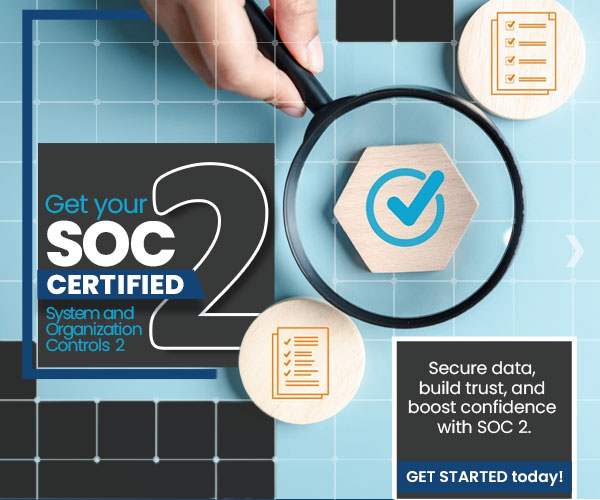
SEDEX
What is SEDEX?
SEDEX (Supplier Ethical Data Exchange) is a global membership organization. It focuses on empowering businesses to manage and improve ethical practices in their supply chains. It provides a platform for companies to share information on labor standards, health and safety, environmental impact, and business ethics across their supply networks. A key component of SEDEX is the SMETA (Sedex Members Ethical Trade Audit); this is widely recognized as a leading social audit format. By using SEDEX, companies can ensure transparency, identify risks, and drive improvements in ethical and responsible sourcing practices.
Why Should Companies Get SEDEX Certification?
SEDEX certification is vital for businesses aiming to uphold and demonstrate their commitment to ethical trade and corporate social responsibility. It helps companies meet regulatory requirements, enhance brand reputation and build trust. By being part of SEDEX, businesses can streamline supply chain management, identify areas for improvement and mitigate risks associated with unethical practices. Furthermore, SEDEX certification is increasingly a prerequisite for partnerships with global companies.
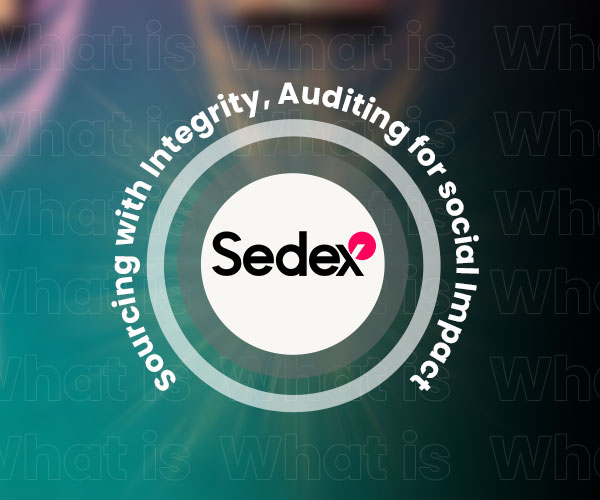
CE Certification
What is CE Certification?
CE Certification indicates that a product meets the health, safety, and environmental protection standards. This certification applies to a wide range of products, including electronics, machinery, medical devices and construction materials, ensuring they comply with regulations. Affixing the CE mark to a product demonstrates that it has been assessed and meets the requirements for safe use, allowing free movement within the European Economic Area and access to its markets.
Why Should Companies Get CE Certification?
Obtaining CE Certification is essential for companies looking to sell their products in the European market. It not only ensures compliance with stringent EU regulations but also enhances product credibility and consumer confidence. CE certification can reduce liability risks by proving that a product adheres to safety and environmental standards. Furthermore, it gives businesses access to one of the largest consumer markets globally, fostering growth and expanding opportunities. For companies, the CE mark symbolizes quality, opening doors to partnerships and increasing competitiveness in both European and international markets.
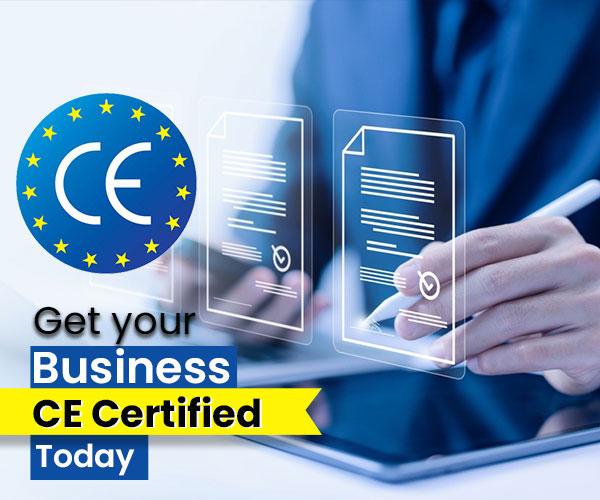
ISO Certification
Apply For Certification
Kumaripati, Patan, Lalitpur, Kathmandu, Nepal